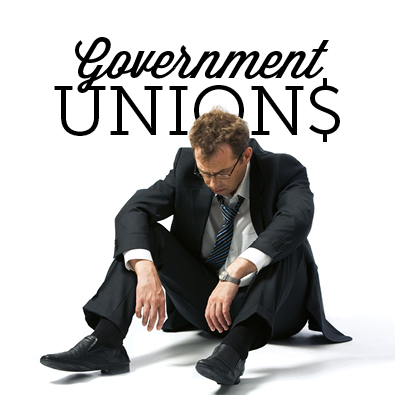Media

Is This What Democracy Looks Like?
An astounding 93 percent of union members had no role in choosing the union currently representing them, according to a new report authored by Dr. Daniel DiSalvo of the Manhattan Institute.
This really shouldn't come as a surprise given the rarity of union recertification elections, which deny union members the opportunity to vote for or against their union. Never mind that 77 percent of union households support periodic recertification elections.
Dr. DiSalvo's report exposes a pattern of antidemocratic behavior and rules within union organizations, finding unions to be democratic only on a superficial level. Here are just four of his findings supporting his contention:
Very few members vote in standard union-leadership elections (turnout is often below 20 percent; in one recent New York City public-sector union election, turnout was 4 percent).
Those who do vote are not representative of the membership as a whole (with older workers voting at higher rates, thus skewing, for example, union policies on the importance of pensions relative to wages).
Incumbent leaders often go unchallenged for long periods, sometimes “anointing” chosen successors (who then anoint another generation) instead of fostering genuine contests.
Unions, especially at the state and national level, often take political positions with which a substantial number of members disagree (thus forcing those members to pay, with their dues, for the advocacy of policies that they do not support).
This last point is one which CF has covered repeatedly. In Pennsylvania—a forced union state—union members can be required to subsidize organizations with political views antithetical to their beliefs. To make matters worse, these dues used for politics are collected with taxpayer resources, an unfair political privilege afforded only to government unions.
How democratic is an organization that forces you to become a member on condition of employment, refuses to give members the opportunity to vote on its legitimacy, and forces members to pay for political causes they may not support?
In an effort to make unions more democratic, Dr. DiSalvo suggests a number of reforms including publicizing electoral procedures and reporting election results, instituting online voting, and ending the practice of requiring union members to pay for political advocacy they don't support.
While the efficacy of these reforms and others is up for debate, one thing is clear: the current system of unionization is far from democratic.